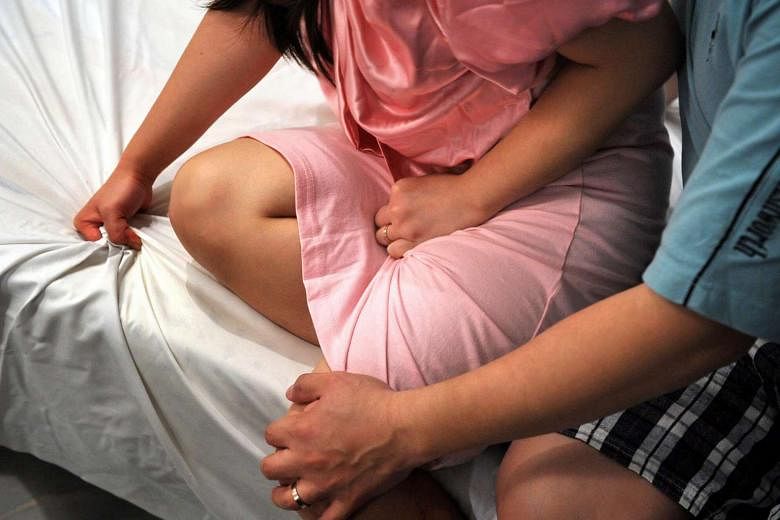Sexual dysfunction covers a wide range of disorders and conditions across both genders, and one patient's case can be very different from the next.
Cases fall under three main categories - vascular (affecting blood flow to the sexual organs), neurological (damage to the nervous system) and psychological.
The first two refer to physical causes. Physical and psychological causes are not mutually exclusive.
Treatment for physical causes generally revolves around tackling commonly-seen risk factors such as diabetes, hypertension and heart disease.
Patients may be told to make lifestyle changes, such as to stop smoking, go on a weight-loss programme (if overweight) and maintain a balanced diet, said Dr Lee Fang Jann, a consultant at the Singapore General Hospital's department of urology.
If these measures fail, patients may be put on oral medication. Injection therapy is also used, especially for patients with neurological disorders.
Surgery may be required in more severe cases. For psychological causes, therapists usually give couples advice on improving sexual intimacy.
For example, a couple with communication issues would be encouraged to work on strategies to enhance their understanding of each other's intentions, said Ms Shirlene Toh, an occupational therapist at Tan Tock Seng Hospital's Sexual Wellness Service.
Couples with low sexual desire can explore ways to increase their quality time when getting intimate.
Lester Wong

